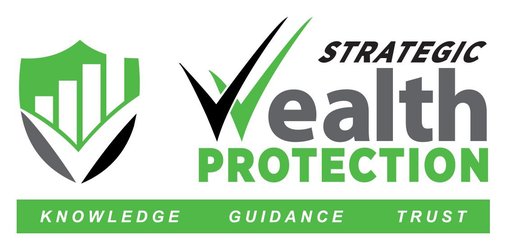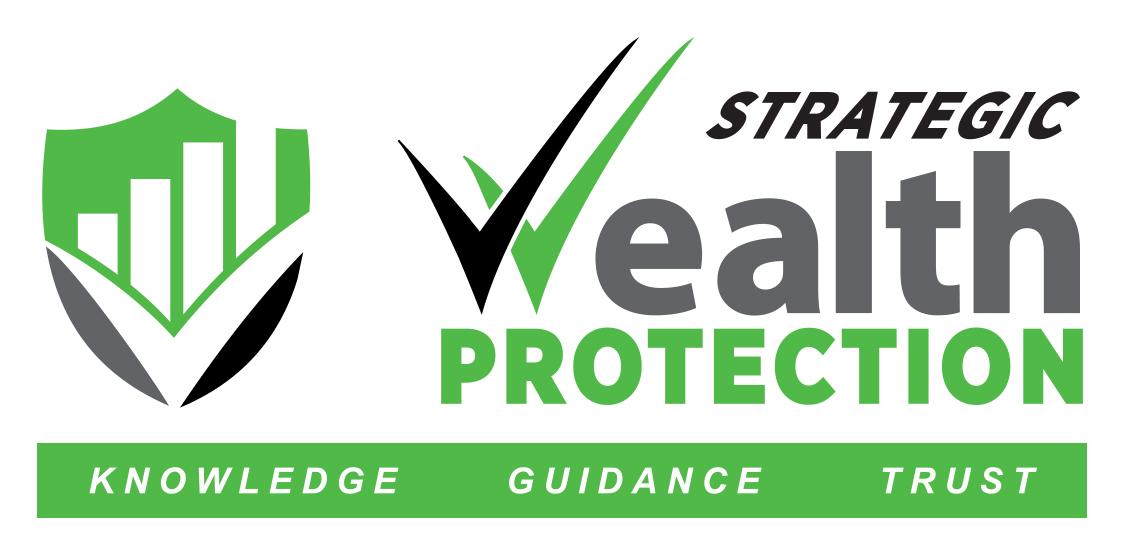
Thie Convery
June 9, 2023
Q: I’m 48 years old, married, with two teenage children. A few years ago, I was diagnosed with a rare form of endometrial cancer. After surgery and chemotherapy, I was cancer-free; unfortunately, we’ve recently discovered that the cancer has returned and is growing aggressively. I’m keeping a positive attitude and getting fabulous care at the Juravinski Cancer Centre, but the prognosis is not good. It’s optimistic to expect that I’ll make it much more than six months. I’m home now, spending as much time with my family and friends as I can. My very creative son made me a special box, covered with his amazing artwork, depicting scenes that are very personal to me. I’ve decided to use it as my “just-in-case” box so that I have as much as possible organized for my family when my time finally comes. What should I be sure to include?

iStock-1297937097
A: What a lovely gift from your son! And how brave and thoughtful of you, wanting to make your transition time as easy as can be for your family.
Most important to include are photocopies of your will and powers of attorney, for both property and personal care. (Originals ought to be stored in a safe place, such as your lawyer’s vault or a fireproof safe.)
A will outlines how your estate is to be settled, who are your beneficiaries, and who is in charge of ensuring your final wishes are met. The directions in the will are enacted post-death.
With powers of attorney, you select someone to make medical and financial decisions for you if you are not capable of doing so for yourself. These documents are only valid pre-death. If you don’t have a will and powers of attorney — or if your wishes have changed — you still have time to connect with your lawyer to have them drafted or updated.
In addition to these legal documents, you should also include all your personal identification, such as birth certificate, passport, social insurance card, marriage licence, health card and driver’s licence.
Next, include a list of all your assets and liabilities, including any pension plans; RRSP, TFSA or RESP accounts; insurance policies; bank accounts; outstanding loans; the deed to your house and mortgage information.
If you have a safety security box or a safe in your home, make sure to leave the key or the combination. Also, include your wallet, chequebook, and any credit cards, bank cards or loyalty cards you may have.
Likewise, be sure to make a list of your online accounts, such as home utilities, banking and bill payments, online shopping, social network sites, as well as your user ID and passwords.
If you have already made funeral arrangements, include those. If not, perhaps consider doing so; it may give you and your family some comfort, knowing that you had a hand in the planning. You could even choose together such things as a special song to be played or a significant memory to be shared. Some folks even elect to write their own obituary.
Additionally, your family might appreciate a note outlining any specific wishes and a list of people whom you wish to be personally contacted after you have passed away.
On a more intimate note, it might be nice to leave some photos or items that are special to you. If you feel up to it, you may wish to write a card or letter — or even record a video — to your children, spouse, or friends to be opened or viewed in the future.
Facing your own mortality is not easy, but organizing your affairs in advance may give you peace of mind, knowing that you are doing your best to save your loved ones from additional stress at a very difficult time. I wish you Godspeed in your next journey.


